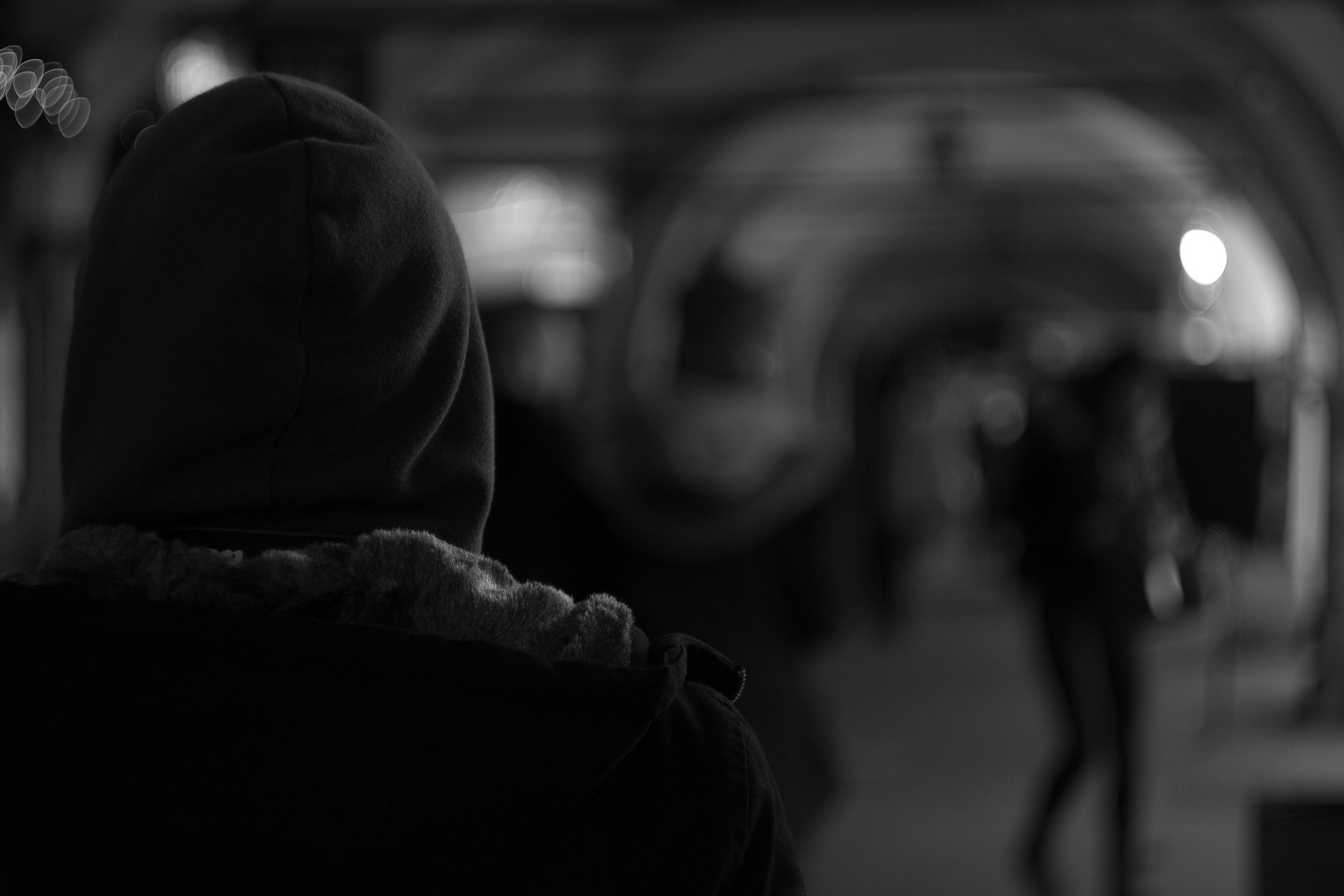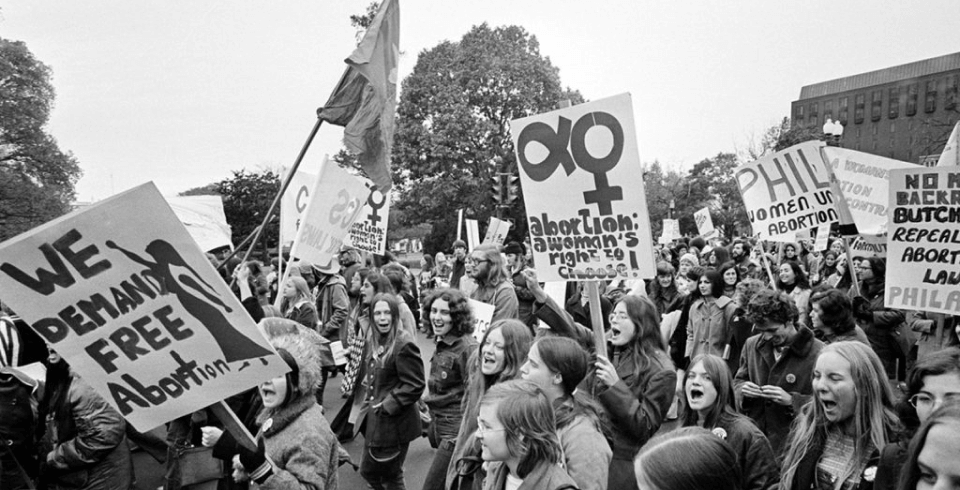Abortion Survivor – PASS – A real-life experience: Karl
Karl is 27. He’s studying business administration, third semester. It took him a long time to figure out what he even wanted to study. Not because he was stupid or lacked interest. No—he was interested, but a paralyzing depression had gripped him for years. Apathy. Lack of drive. Feelings of meaninglessness. What was wrong with him?
He was 26 when a friend gave him the book Abortion Survivors[1] to read. If anyone else had given it to him, he would’ve put it aside immediately, but because it was Richard, his friend, he started reading. He couldn’t believe his eyes. Weeks later, when he sits across from me, he says:
“That book is me. The more I read, the more I knew: What’s being described there—that’s me. I am the abortion survivor. That’s me. And suddenly, after years, I understood my life. It was like puzzle pieces coming together. And I wanted to know for sure. I didn’t want to believe possible delusions—I wanted clarity. So I went to my father and asked him directly if he and my mother had had an abortion. He told me he couldn’t answer that and said I should ask my mother. I asked her: Did you have an abortion? She said: Yes.”
Karl is a strong, somewhat overweight young man. As he continues telling his story, he only occasionally makes eye contact—his gaze often shifts left or right.
“I have this burning rage inside me. I could hit and keep hitting. People say to me, ‘You have a good life,’ but I think my life is sh… I’ve had suicidal thoughts. Now I know where they come from.”
What means “Abortion Survivor – PASS”?
The acronym stands for Post Abortion Survivor Syndrome. It refers to the clinically significant symptoms experienced by so-called abortion survivors. The term “abortion survivor” is used by child psychiatrist Philip G. Ney and his wife, physician Marie Peeters-Ney, to describe people who have survived an abortion. That is, a child who is born into a family in which a sibling (or several) died through abortion—and the surviving child wonders why they were allowed to live.
Pioneering Work from the US
The Neys spent decades conducting research, interviews, workshops, and healing seminars to systematically study and analyze the symptoms of abortion survivors.
Their guiding questions included:
- How do children respond to the fact that a sibling was killed through abortion?
- How do they come to know or suspect this?
- What effect does it have on them when they are labeled as “wanted children,” implying that others were “unwanted” and could therefore be eliminated?
- What are the global ramifications of abortion and its victims? Are we all affected?
Their work is pioneering in its field, driven by the belief that the truth of abortion survivors must be brought to light—because it is truth.
Abortion Survivor – PASS: Opposition to This Truth
This truth faces immense resistance. What we call political correctness not only shows no interest in the stories of abortion victims but actively seeks to marginalize or silence them in public discourse.
After all, who wants to take responsibility for actions that create victims—especially when these actions are committed under the noble-sounding terms of “self-determination,” “women’s rights,” and “freedom”?
In an interview with Father Frank Pavone, founder of Priests for Life (USA), Philip G. Ney responded to the question:
“Do you believe there are particular difficulties in publishing research on such a sensitive and explosive topic as abortion?”
with this revealing statement:
“Yes, yes. It’s sad to say—and I’ve served on editorial boards and know how they work, and how much they genuinely want to do the right thing and publish good work—but there’s a certain blindness toward things they’ve already concluded can’t possibly exist.
When I publish something on the link between child abuse and abortion, many colleagues get very angry—not at the study itself, which they haven’t even read—but angry at me. The old argumentum ad hominem.
And that’s really sad, because if we want to address this scientifically, we need to keep our minds open. Unfortunately, some of my colleagues are not open-minded when it comes to this issue.”
Effecting society
Given that abortion—especially since its liberalization in the West in the 1970s—has become an epidemic phenomenon, it logically follows that abortion survivors also exist on an epidemic scale.
It is no exaggeration to say that there are now legions of abortion survivors—people who are still waiting to fully arrive in life, to feel like they belong, to be safe, to finally know that their life has value—independent of anyone else’s judgment.
Take the disturbing term “wanted child.”
Because the abortion survivor knows that one or more of their siblings were killed, one of their deeply troubling symptoms is the fear that they themselves are to blame for their sibling’s death.
The devastating thought:
“If I didn’t exist, maybe my sibling would be alive.”
Or:
Because the life of an abortion survivor feels like it hangs by a thread—the ongoing effort to be liked, to be “wanted”—life becomes a torment under the constant gaze of others.
A Different Light on Everyday Life
If you allow yourself to confront the nearly completely silenced reality of abortion survivors, you begin to see ordinary things in a different light—a light of understanding.
Take the subway:
The picture is always the same. The 13–50-year-olds are there, but not really present. Everyone is on their phones, wearing headphones or noise-canceling earbuds that shut out the world.
But why this disconnection? Why this retreat from reality?
Could it be that many of these passengers are abortion survivors—carrying unspeakable pain within them, subconsciously aware of it, because the soul knows more than the mind dares to admit—and seeking ways to numb that pain?
What better sedative than a tap on a screen? Bright images flicker, sound drowns out the pain—the horror of living in a family where not just anyone, but my own brother or sister, was aborted.
All while carrying the indelible certainty—coded in our DNA—that family should be a place of safety, a free space where we learn to trust life and gain the beautiful confidence that everything will be okay.
So what is more natural than to flee, when the pain is too confusing and too great?
An app or a video can be changed with a single click.
But your own family—you can’t just “click” them away.
Gratitude for the Neys
Thanks are due to the Neys. Philip passed away on January 27, 2025. Together with his wife Marie, he stands among the greats in his field.
Want to know more about the topic of abortion itself? Click here: https://ws-staging.prolifeeurope.org/get-informed/abortion-in-europe-laws-and-statistics/
Are you an abortion survivor and want to talk to someone? Reach out: info@prolifeeurope.org
More about this topic:
https://www.mattes.de/buecher/praenatale_psychologie/PP_PDF/PP_10_1_Ney.pdf
https://www.heartbeatservices.org/pdf/Post-Abortion_Survivor_Syndrome.pdf
https://www.liveaction.org/news/lost-four-siblings-abortion-pro-life/ https://www.rachelsvineyard.org/PDF/Articles/Abortion%20Survivors%20-%20Philip%20Beard.pdf
[1] Philip G. Ney/Marie A. Peeters-Ney, Abortion survivors. 1998.




